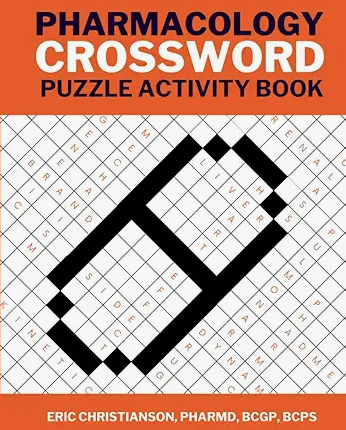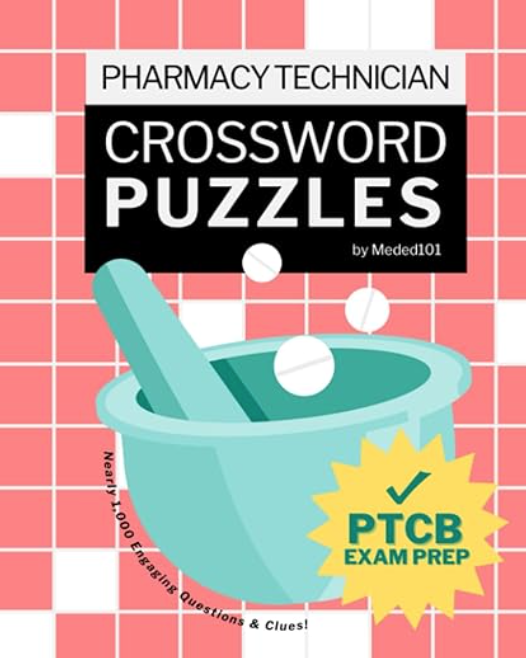With this med review, I’m simply looking at a medication list to help formulate ideas to investigate. I’ll focus heavily on my concern for using an NSAID in this patient.
- Metoprolol – 50 mg twice daily (Hypertension, Atrial Fibrillation)
- Furosemide – 40 mg once daily (Heart Failure)
- Warfarin – 5 mg once daily (Atrial Fibrillation)
- Metformin – 500 mg twice daily (Type 2 Diabetes)
- Levothyroxine – 50 mcg once daily (Hypothyroidism)
- Naproxen – 500 mg twice daily (Osteoarthritis)
- Citalopram – 20 mg once daily (Depression)
- Latanoprost eye drops – 1 drop in each eye at bedtime (Glaucoma)
- Omeprazole – 20 mg once daily (GERD)
- Amlodipine – 5 mg once daily (Hypertension)
- Allopurinol – 100 mg once daily (Gout prophylaxis)
- Trazodone – 50 mg at bedtime (Insomnia)
- Niacin – 500 mg twice daily (supplement)
NSAID and Heart Failure Concerns
There are a few issues of note with the cardiac/heart failure medication regimen. I always have the prescribing cascade in the forefront of my mind when reviewing polypharmacy medication lists. Naproxen is an NSAID that can worsen heart failure. I’d like to avoid systemic NSAIDs for osteoarthritis if possible. Ideally, the patient’s osteoarthritis is localized and I’d like to see if we could get by with a topical NSAID. It may not be possible but it would be nice to avoid this NSAID given its potential to impact heart failure negatively. The NSAID is also very risky given the use of warfarin. With the history of atrial fibrillation, I’d be interested to investigate why the patient is on warfarin versus a DOAC. I am also curious why this patient is not on an ARNI or even at least an ACE or ARB. The metformin use is also a curious selection given the benefit an SGLT-2 Inhibitor would have for heart failure and diabetes.
Deprescribing Targets
There doesn’t appear to be a good reason to be on the niacin. Niacin can negatively impact gout by causing elevations in uric acid and for this reason alone it would be nice to avoid its use. In addition to the niacin, another target for deprescribing may be a trial reduction of trazodone.
Lab Monitoring
Lab monitoring is going to be of high importance. CBC with hemoglobin will be useful to monitor for bleeding risk from warfarin and naproxen. An INR will be necessary on a routine basis given the use of warfarin. Renal function and electrolytes will be very important due to the use of furosemide. Checking uric acid levels will help assess the benefit of allopurinol and the risk of niacin. TSH should be monitored periodically due to levothyroxine use. I’d also be curious to review an A1C. With the combination of omeprazole and citalopram, I may be curious to review the most recent EKG results.
What else would you investigate in this case scenario?
- 30 medication mistakes PDF
- 18+ Page Drug Interaction PDF
- 10 Commandments of Polypharmacy Webinar based on my experiences in clinical practice









This study constitutes a real-life case that highlights the importance of careful medication management to avoid adverse drug interactions. Thank you for providing this valuable information